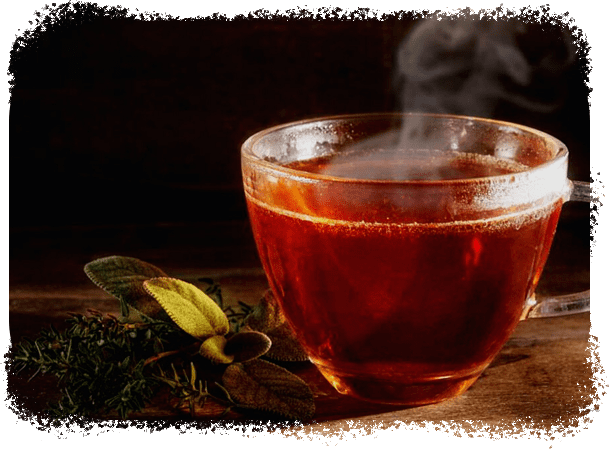The NILGIRIS, was originally a part of Mysore. It was ceded to The East India Company, after the defeat of Tipu Sultan, during the fourth Anglo Mysore war in 1799. There are two reasons why the NILGIRIS is called so. First is the smoky blue haze which covers the hills, when it is viewed from the plains. The other is flowering of Neelakurinji (Strobilanthes), which carpets the hills with purplish blue flowers, once in twelve years.
Coonoor is, where the story of Nilgiris tea started. It is a story which has been retold many times, and yet not lost its charm. In 1832 Dr. Christie, an assistant surgeon from Chennai (formally Madras), was the first to experiment with growing of tea plants in the Nilgiris. Some of his plants were distributed to various parts of the Nilgiris for trial. In 1833 Dr. Christie, while conducting meteorological and geological investigations near Coonoor, noticed Camellia Shrubs. It resembled like the tea bushes, which grew abundantly near Coonoor. In 1834, a few plants grown from the seeds brought from China, were also planted in these hills.
Tea belongs to the family of CAMELLIACEAE, and all the cultivated tea plants belong to two distinct species,
Tea requires uniformed high temperature 20°-30°C throughout the year. In the tea growing region of Nilgiris, the climate is tropical and the fluctuation of temperature is minimum. It ranges between 20°-22.5°C during South-West monsoon season (June – September), and between 20°-24°C in the North-East monsoon season (October – December). An annual rainfall of 150 -300 cm is essential, for the growth of tea in the Nilgiris.
Nilgiris tea is more commonly known for the fragrant one. It is mostly grown on the high elevation, resulting in superior quality of fragrance and flavour. Tea from Nilgiris has flavours of mint, lemon and eucalyptus, because it is usually grown among other trees like eucalyptus, blue gum and Cyprus.


Coffee in India, dates back to 1600 AD, when Indian Sufi Saint, Baba Budan went on a pilgrimage to Mecca. He returned back to Mysore in India, illegally carrying Seven Coffee Beans from Mocha, a port city of Yemen, famous for its mocha coffee beans. The Arabs were very possessive about their coffee, and considered it an illegal act to take coffee out of their country. They did not allow trade of coffee in any form. Since seven was considered a holy number according to the Islamic religion, Baba Budan’s carrying, the Seven Coffee Beans was overlooked as a religious act.
Baba Budan planted the coffee beans on the slopes of Chandragiri Hills, around 6000 feet height in Chikkamagaluru district, Karnataka. This district of Chandragiri Hills has now been named, after the saint Baba Budan Giri (‘Giri’ means “hill”).
By 1670 AD, many native Indians had privately started systematic cultivation of coffee. However, it was during the British rule, that the coffee crop thrived. By 19th century, the Britishers planted Arabica coffee on the hilly tracks of southern India. It spread to Wayanad, which is now part of Kerala. Coffee plantation also thrived in Shevaroys and Nilgiris of Tamil Nadu.
However, the initial crop of Arabica was infected by the coffee rust. So, an alternate robust species of the coffee named robusta, another rust-tolerant hybrid variety was introduced.
The Coffee VII Act of 1942, was passed to regulate export of coffee and protect small scale producers. Under this Act, the Coffee Board of India got established, and it was operated by the Ministry of Commerce and Industry.
Over last 50 years, coffee production in India has grown by 15%. In 1991, economic liberalisation took place in India, which liberalised the coffee industry too.





Pinnacle Krishna, 581/4, 2nd Floor, D. B. Road, R. S. Puram, Coimbatore-641002. Tamilnadu.